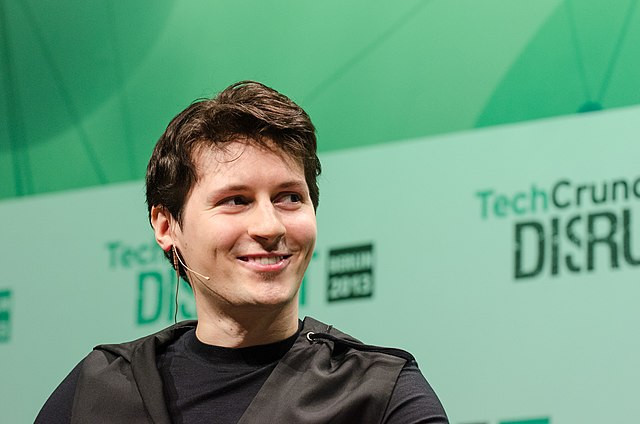Telegram founder and CEO Pavel Durov has fiercely criticized the recent legal actions taken against him by French authorities, describing the charges as "misguided" and fundamentally flawed. The Russian-born tech billionaire, who holds citizenship in both France and the United Arab Emirates, was indicted in Paris on August 28 on multiple serious charges, including the spread of child abuse images, drug trafficking, and failure to comply with law enforcement requests.
Durov, 39, broke his silence eight days after the indictment through a post on his personal Telegram channel. In his message, Durov rejected the characterization of Telegram as an "anarchic paradise" for criminal activity, a claim that has been circulated in various media outlets. He asserted that such portrayals are inaccurate and that Telegram is actively working to curb illegal activities on its platform.
"If a country is unhappy with an internet service, the established practice is to start a legal action against the service itself," Durov wrote, criticizing the French authorities' decision to target him personally. "Using laws from the pre-smartphone era to charge a CEO with crimes committed by third parties on the platform he manages is a misguided approach."
Durov's arrest and subsequent indictment have drawn significant attention to the broader issue of accountability in the digital age. Telegram, which was founded in 2013, has grown rapidly to amass nearly one billion users worldwide. However, this rapid growth has come with challenges, as Durov acknowledged in his statement, noting that the platform has experienced "growing pains" that have, at times, made it easier for criminals to exploit its services.
Despite the allegations, Durov defended his company's efforts to police illegal content, stating that Telegram removes "millions of harmful posts and channels every day." He also expressed frustration that French authorities did not use the channels of communication that had been established specifically to address such issues. "Telegram has an official representative in the EU that accepts and replies to EU requests," he pointed out, suggesting that the French government had other means to seek cooperation before resorting to legal action against him personally.
The charges against Durov are severe, and the implications for him and his company are significant. He has been released on bail set at €5 million (approximately $5.5 million) but remains under strict court monitoring, including a requirement to report to a police station twice a week. He is also prohibited from leaving France while the case is pending.
Paris prosecutor Laure Beccuau, in a statement last week, highlighted what she described as Telegram's "almost total failure to respond to judicial requests." This accusation forms the crux of the legal case against Durov, who has been charged with complicity in a range of crimes, including the distribution of child abuse imagery.
The arrest has ignited a debate over the responsibilities of tech companies and their executives in monitoring and controlling illegal activities on their platforms. It has also raised questions about the balance between free speech and the need for government oversight in the digital space. Durov's case could set a significant precedent for how governments around the world approach the regulation of internet platforms.
As the legal proceedings continue, Durov remains defiant, asserting that Telegram is committed to improving its protocols to make the platform "safer and stronger." His arrest and the charges against him have undoubtedly placed a spotlight on the complexities of regulating digital platforms in an era where the lines between free expression and criminal activity are increasingly blurred.






